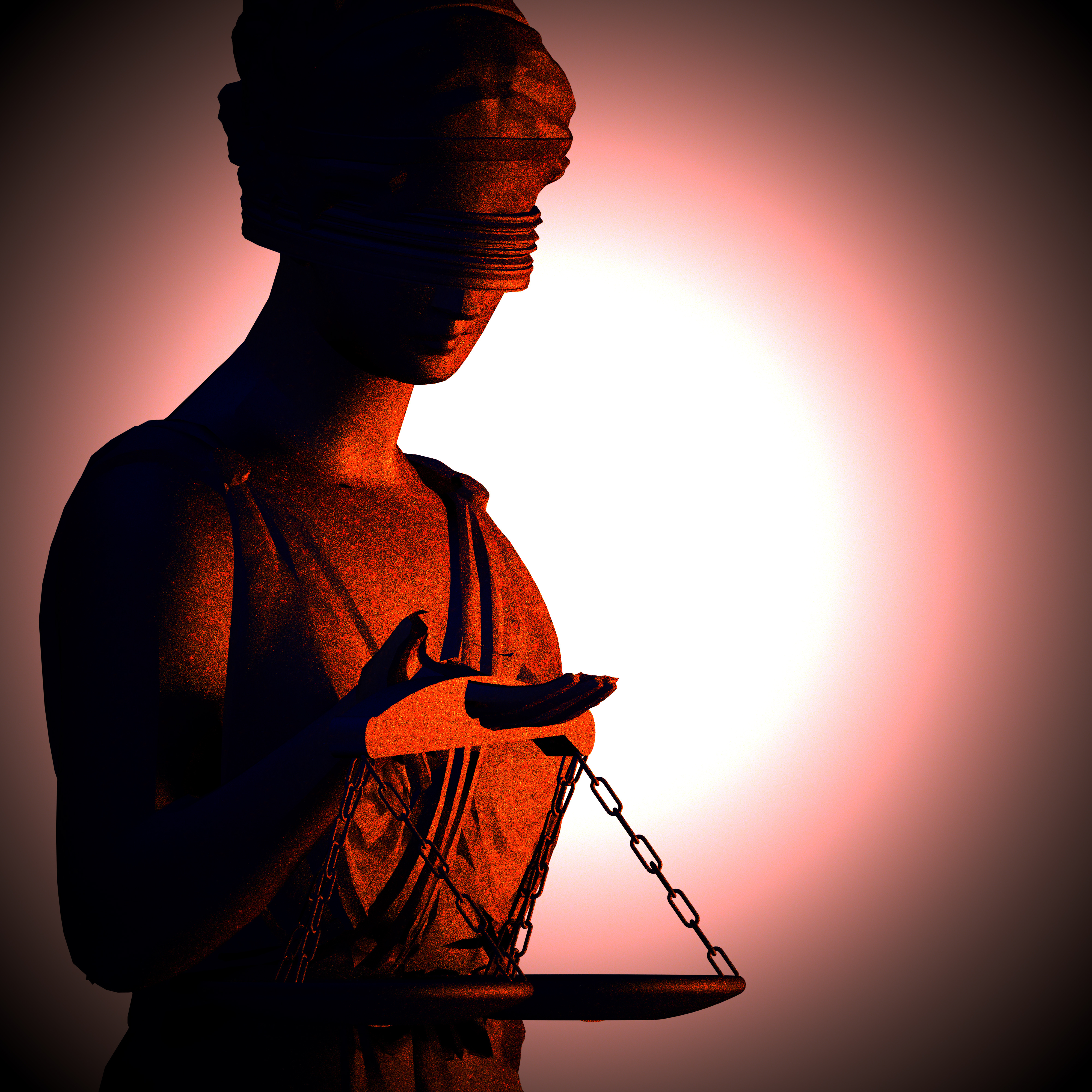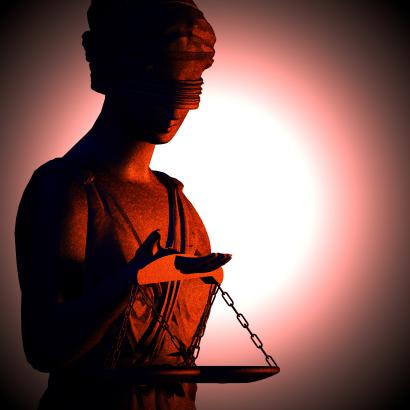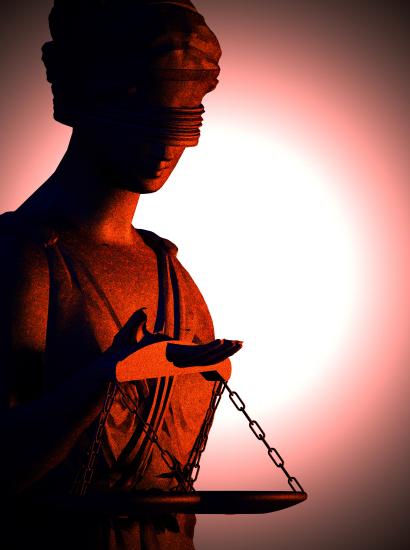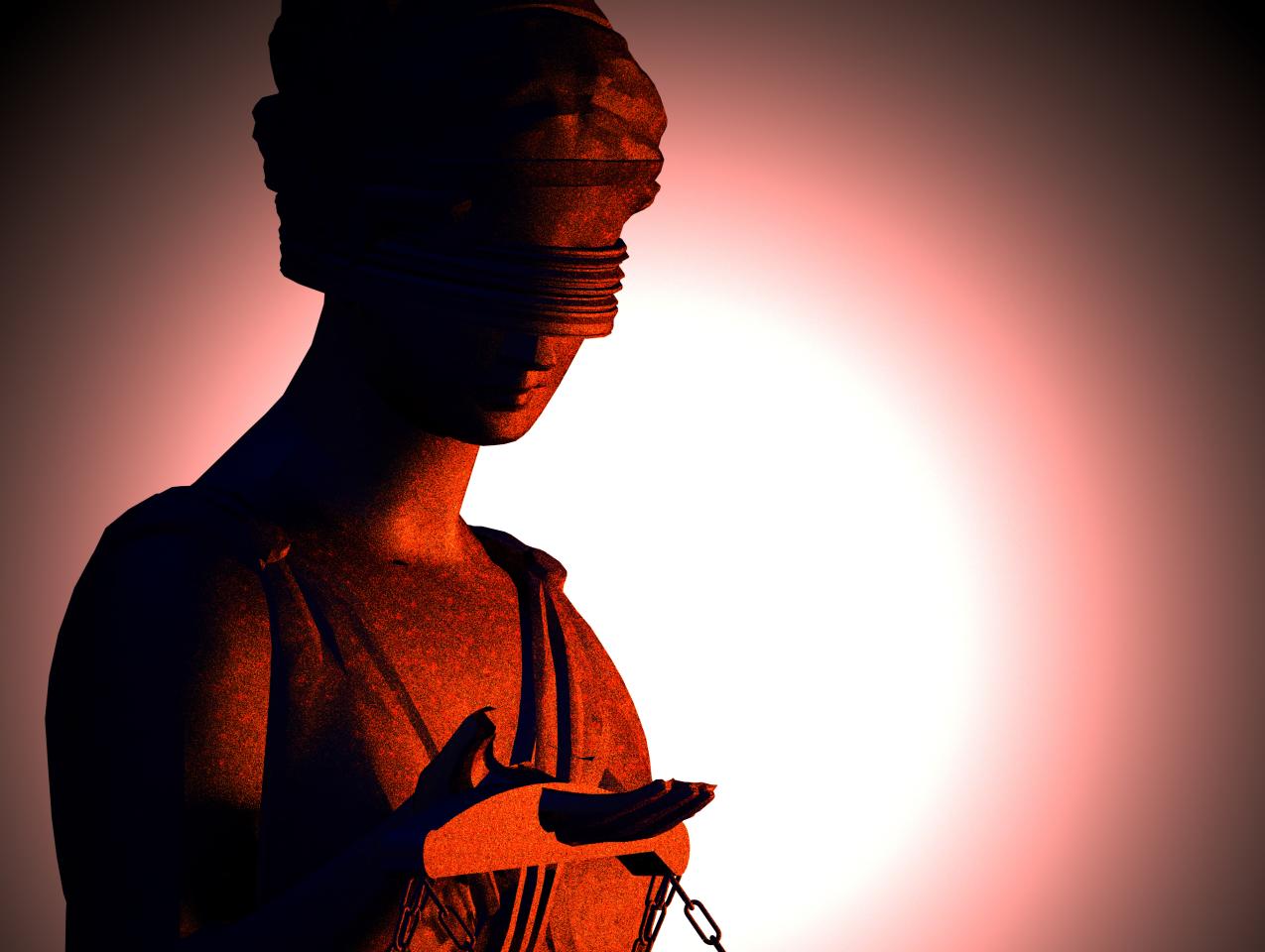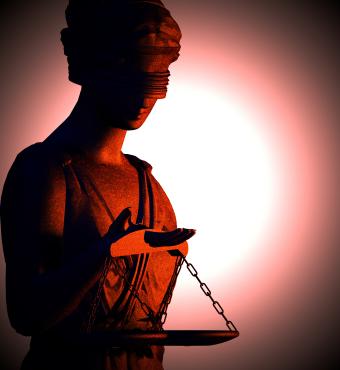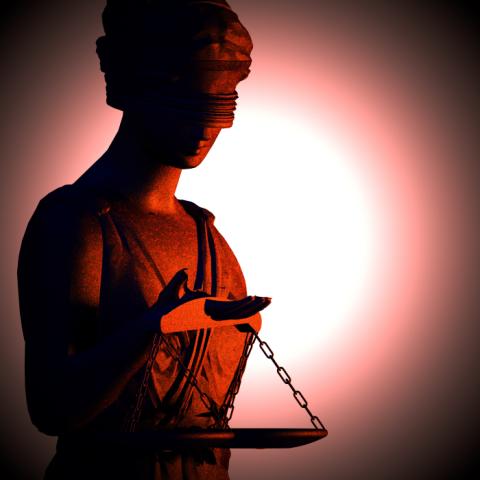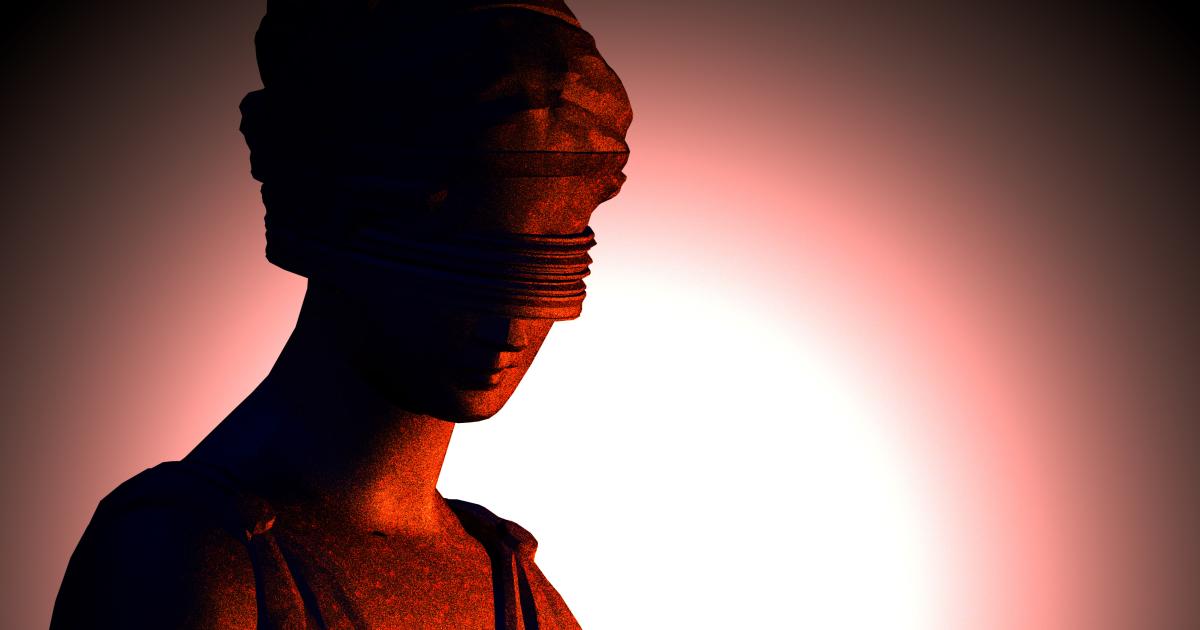- History
- US
- Law & Policy
- Civil Rights & Race
Corporations are people, too. At least that was Gov. Mitt Romney’s argument in 2011, at the Iowa State Fair. Responding to a heckler’s call to raise taxes on corporations instead of people, he replied: “Corporations are people, my friend. . . . Everything corporations earn ultimately goes to people. Where do you think it goes?” Mr. Romney had stumbled into an enduring debate, which turns on basic definitional questions: Is a corporation an artificial “person” with rights and duties independent of its members? Or is it a collection of people associating with one another? And, in turn, what constitutional rights protect it? As UCLA law professor Adam Winkler details in “We the Corporations,” the controversy is as old as the republic itself.
The Constitution makes no express reference to corporations, yet the Supreme Court quickly faced questions of “corporate personhood.” In Bank of the United States v. Deveaux (1809), the congressionally chartered Bank of the United States sought relief in federal court against Georgia’s punitive anti-bank tax scheme. Georgia claimed the bank could not sue in federal court because a corporation is not a “citizen” within the meaning of the Constitution, which establishes federal jurisdiction over controversies “between citizens of different states.” But the Court, led by national-power proponent John Marshall, rejected Georgia’s argument. Explaining that the court was obliged to “look beyond the corporate name and notice the character of the individual,” Marshall concluded the suit could be heard, because its “members” were themselves citizens.
A subscription is required to read the full article "‘We The Corporations’ Review: Liberty, Incorporated"







